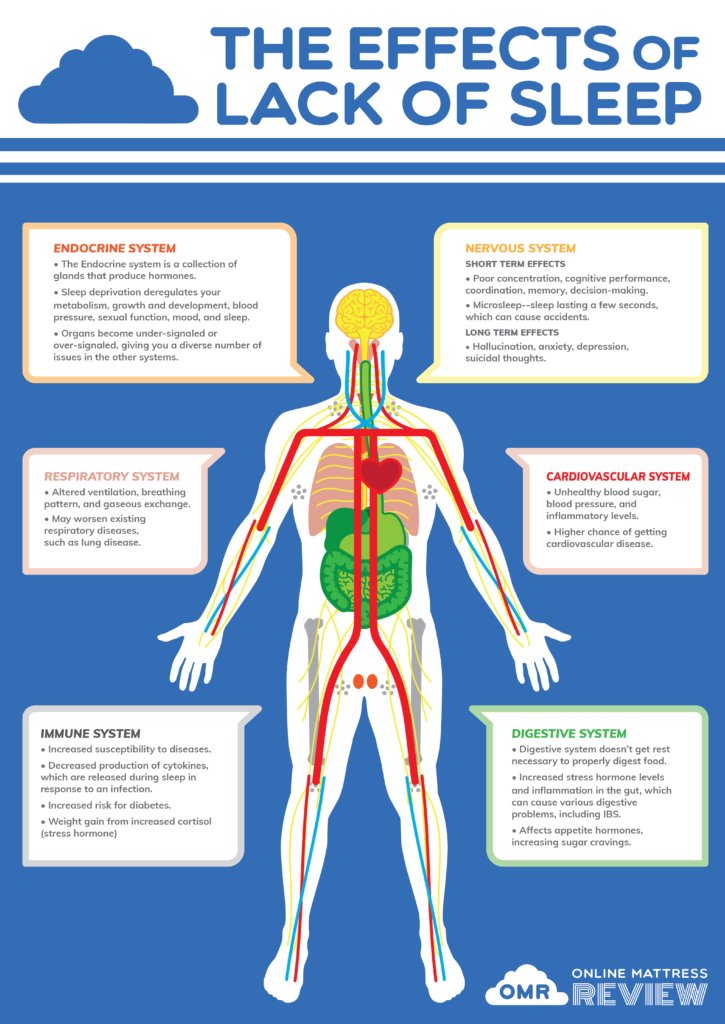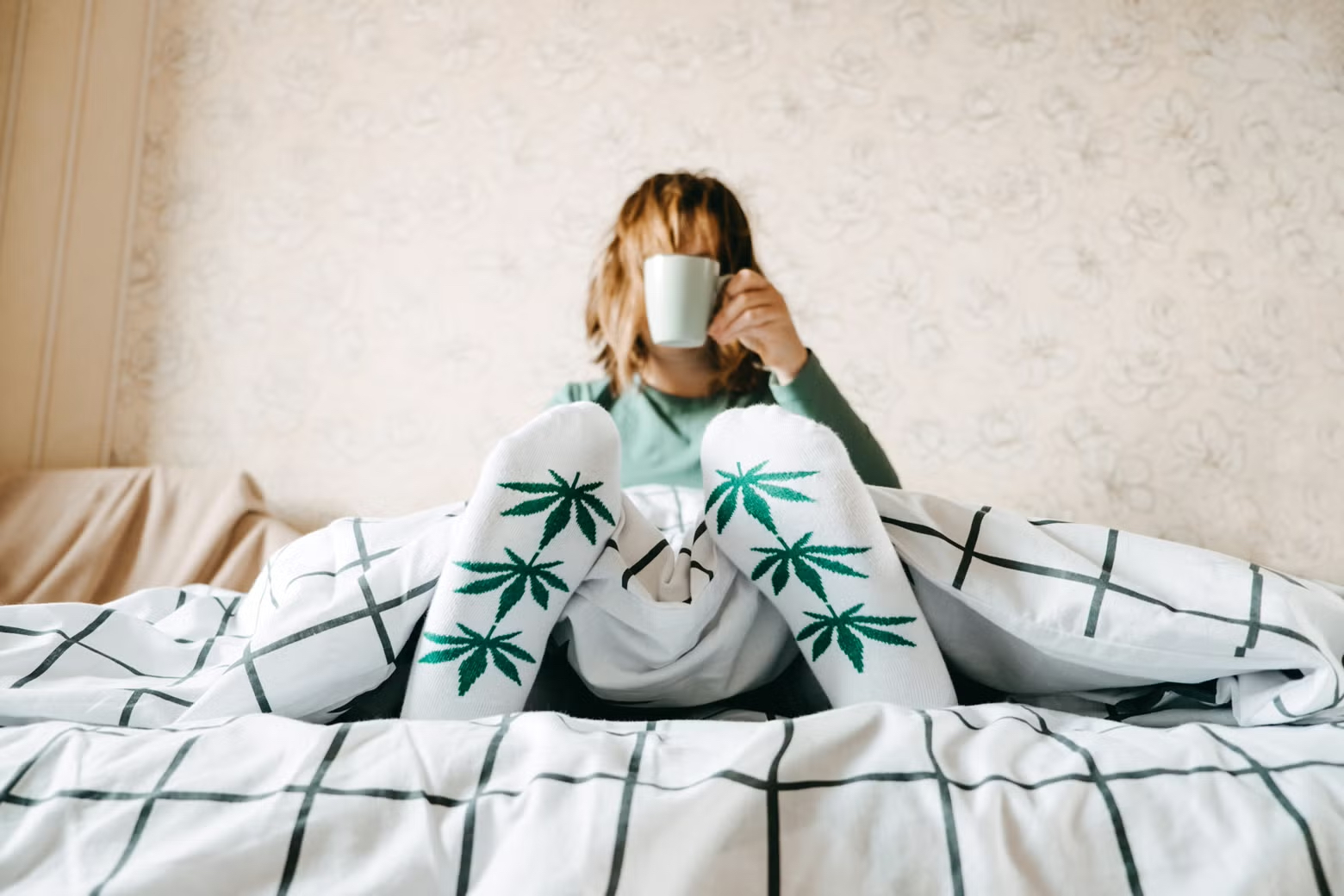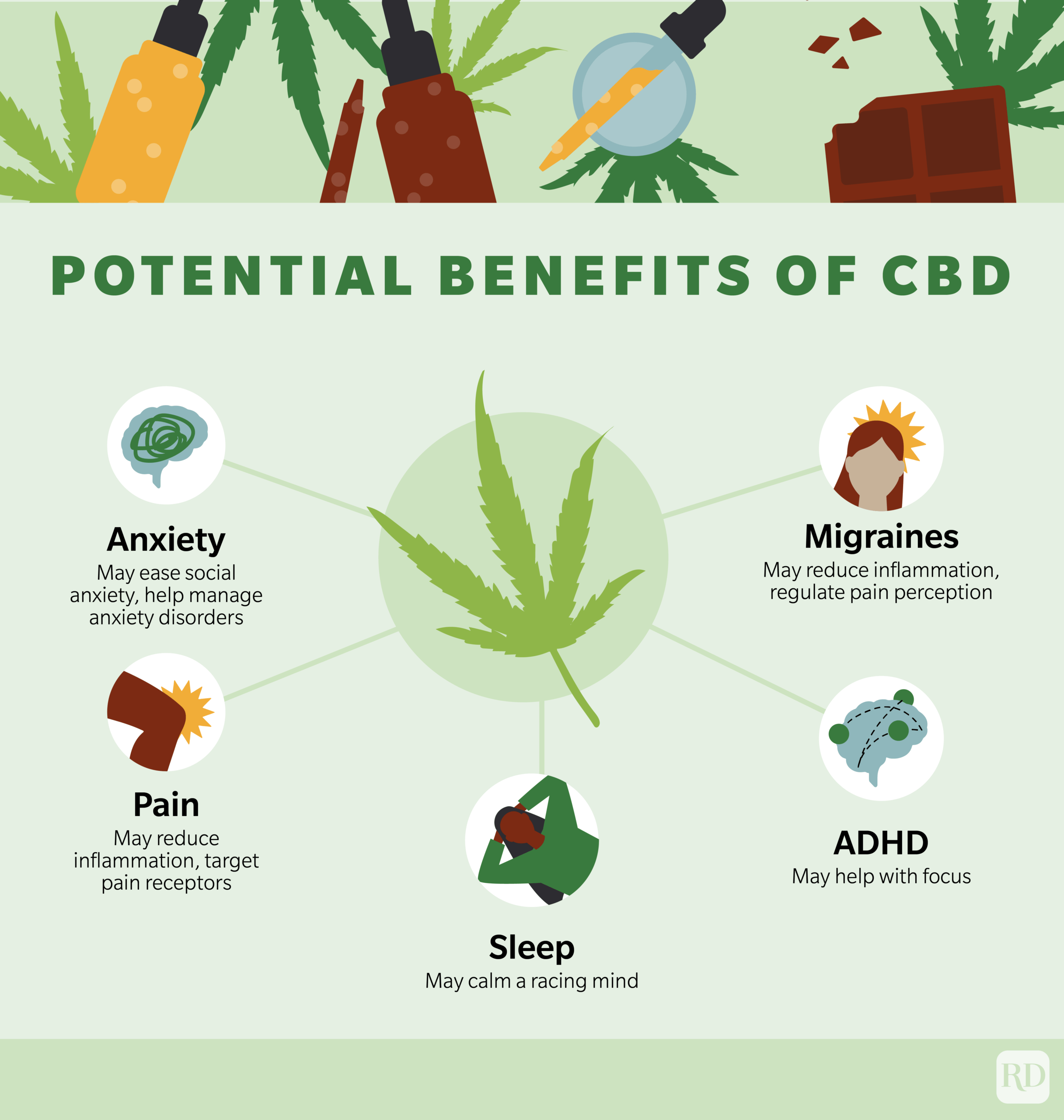
Menopause is a physiological change in menstruation emanating from fluctuations, and gradual down regulation, of ovarian hormonal activity.1 Hormonal fluctuations, also known as menopausal transition, can produce a plethora of symptoms to include depression, urinary incontinence, joint pain, palpitations, headaches, sexual concerns, night sweats, tiredness, and sleep disturbances.1(149)
Most relevantly, sleep disturbances have been reported as the most distressful of menopausal symptoms afflicting 46% of females between the ages of 40-54 and approximately 48% of females between the ages of 55-64 years of age.1(149) Thus, it is imperative to develop strategies which help reclaim consistent sleep quality and duration. As such, the following will sleep quality/duration in greater detail and the efficacy of cannabis for achieving the same.

Sleep deprivation is a well-known factor, which increases the risk of neurobehavioral dysfunction (i.e., mood, cognition), obesity, diabetes, cardiovascular disease, as well as increased health care costs, reduced performance, and quality of life.2 Sleep disturbances can be classified into three major categories: trouble falling asleep, trouble staying asleep (i.e., waking up several times), and waking up early.2(9)
Of the 3 major categories of sleep disturbances, waking up several times was the most prominent sleep problem according to Gava et al,2(9) which was derived from a longitudinal analysis of over 3000 women during an 8 year period. Interestingly, trouble staying asleep (i.e., not waking up several times during the night) was strongly associated with fluctuations in follicle stimulating hormone (FSH) and compounded by other factors associated with aging to include: thyroid hormone preparations, antiepileptic medications, bronchodilators, selective serotonin reuptake inhibitors, caffeine, smoking, neuroactive medications, chronic pain syndromes, and gastrointestinal problems.2(9)
Considering the downstream effects of sleep disturbances, interventions which improve the same is critical in supporting health and homeostasis during menopausal transition. As such, the following will consider cannabis as a potential means in reclaiming sleep quality and duration.

Kuhathasan et al3 noted that pharmacological options for sleep disturbances include non-benzodiazepine, benzodiazepines hypnotics, and neuroleptics. However, many of said medications have unfavorable side effects to include metabolic syndrome, weight gain, addiction, and daytime drowsiness; all of which demand better solutions.2(298)
The cannabis flower is composed in excess of 100 unique cannabinoids (active constituents within the plant).4 Cannabinoids exert the influence by interacting with the endocannabinoid system (ECS) which is composed of neuromodulatory lipids as well as receptors that permeate and extend throughout the peripheral and central nervous system.4(2)
The most relevant receptors of the ECS includes CB1 and CB2 receptors upon which the two most well understood and researched phytocannabinoids interact: cannabidiol (a non-intoxicating agent) and delta-9 tetrahydrocannabinol (a psychoactive agent).4(2) Cannabidiol (CBD) interfaces with the CB2 receptor while delta-9 tetrahydrocannabinol (THC) interacts with the CB1 receptors.4(2) Interestingly, research has been considering the utility of cannabis on sleep disturbances since the 1970s.4(2) The following will consider the same in greater detail.

Most research, according to Kuhathasan et al,3(10) has suggested that THC could have short-term sleep benefits, but there is a likelihood most individuals will become habituated (i.e., loss of effect) over time eventually losing the sleep-enhancing qualities of THC. Furthermore, THC can worsen daytime sleepiness (an unappealing characteristic of transitional menopause) delayed onset of sleep (another sleep disturbance associated with menopause), in addition to aberrations in memory and mood especially when at higher doses.3(9-10)
CBD tends to be ineffective and stimulating at lower doses, while medium and high doses tend to be sedating helping facilitate improvement of the percentage of total sleep time (sleep quantity).5 Of particular interest is that most research has surrounded cannabis and its management of chronic pain; though not directly related to transitional menopause, as mentioned in previous sections, other conditions associated with aging which might coincide with menopause could include chronic pain. In such a context, research has suggested that THC and CBD (1:1) could be an analgesic agent, which could provide pain relief and support optimization of sleep quality and duration.3(10)
In conclusion, menopause is a physiological change in menstruation emanating from fluctuations, and gradual down regulation, of ovarian hormonal activity. Hormonal fluctuations, also known as menopausal transition, can produce a plethora of symptoms to include depression, urinary incontinence, joint pain, palpitations, headaches, sexual concerns, night sweats, tiredness, and sleep disturbances. Often, other conditions of aging coincide with menopausal transition to include chronic pain, which compounds the magnitude of menopausal-driven sleep disturbances. Although research continues to emerge, some evidence suggests that moderate to high dose CBD could improve sleep duration, while CBD/THC combinations could hold promise in managing chronic pain. Finally, considering that cannabis is legal in this author’s country and home province (Canada and Newfoundland, respectively), CBD/THC at minimum, could serve as an alternative/adjunct to pharmaceutical drugs.
References
1. Agan K, Ozmerdivenli R, Degirmenci Y, et al. Evaluation of sleep in women with menopause: Results of the Pittburg sleep quality index and polysomnography. J Turk Ger Gynecol Assoc. 2015;16:149-152. doi:10.5152/jtgga.2015.15087.
2. Gava G, Orsili I, Alvisi S, et al. Cognition, mood, and sleep in menopausal transition: The role of menopause hormone therapy. Medicina. 2019;55(10):1-17. doi:0.3390/medicina55100668.
3. Kuhathasan N, Dufort A, MacKillop J, et al. The use of cannabinoids for sleep: A critical review on clinical trials.Exp Clin Psychopharmacol. 2018;27(4):383-401. doi:10.1037/pha0000285.
4. Babson K, Sottile J, Morabito D. Cannabis, cannabinoids, and sleep: A review of the literature. Curr Psychiatry Rep. 2017;19(4):1-12. doi:10.1007/s11920-017-0775-9.
5. Nicholson AN, Turner C, Stone BM, et al. Effect of delta-9- tetrahydrocannabinol and cannabidiol on nocturnal sleep and early morning behavior in young adults. J Clin Psychopharmacol. 2004;24(3):305–13.doi:10.1097/01.jcp.0000125688.05091.8f.
-Michael McIsaac
